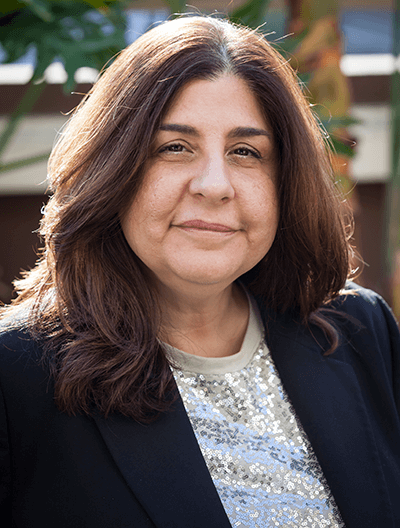The Makings of a Professional Community Manager
- Helen Cook, CMCA, AMS

- Apr 1, 2021
- 3 min read
Written in collaboration with Martha Perkins, CMCA

We have all heard the horror stories of community management. A manager steals money, takes a kick back, or uses flex tape to patch a hole in a common area pipe (true story). With over 13,000 homeowners associations in the Los Angeles region and an estimated 2,000 Community Managers available to assist, what is the difference between a Community Manager and a Professional Community Manager?
A professional Community Manager has 8 distinct characteristics:
1. Adhere to the Code of Ethics
The CAI has a code of ethics which states managers will adhere to the governing documents and local laws, participate in education, act in the best interest of their clients, only take on tasks in which they are competent, advise Boards of their fiduciary duties, work on behalf of the Association, and much more. Professional Managers take this code of ethics to heart.
2. Knowledgeable
Education should be a fundamental part of our career and it does not stop with the CMCA. This business is a conglomerate of various industries. A Community Manager not only needs to educate themselves on the ever-changing laws, but accounting, contracts, customer service, and insurance expertise are vital to a professional manager. The CAI makes it easy for you to dabble in each of the specialized fields through their continuing education courses. As professional managers we strive to know more and earn a PCAM.
3. Communicate Quickly and Clearly
Everyone has had the frustrations of trying to get ahold of someone and it is impossible. Professional Community Managers make it a point to answer their clients quickly and clearly. Most importantly, a professional manager will listen. Peter Druckett said, “The most important thing in communication is to hear what isn’t being said.” As a manger, you need to understand even your crankiest homeowner to be effective in your communication.
4. Rely on Industry Experts
Community Manager are expected to understand basic concepts of plumbing, accounting, legal advice, etc. A professional manager knows the value of an expert. Rather than relying on their own knowledge, the professional will use the expertise of their peers. They understand that sometimes a dollar towards legal counsel or to a contract professional can save thousands in the future. A professional manager surrounds themselves with industry leaders in all areas of this business. It is this network of strengths that makes the manager shine above all others.
5. Change with the Environment
2020 taught everyone the importance of being able to adapt to change. The professional manager embraces these challenges and looks for solutions. To cope with change the professional manager will be flexible, research various solutions, think long term and ultimately do what they think is best for the Association as a whole. Change is inevitable, the professional manager is ready to take on the challenge and anticipate them ahead of schedule.
6. Be a Problem Solver
People are passionate about their homes. With the passion comes heated discussions and frustrations that are often directed toward the Community Manager. A professional manager can diffuse that situation by maintaining calm regardless of what may be thrown their way. As a professional manager one must look for the lesson to be learned and the positive in a negative situation. They need to mitigate the situation and diffuse the situation. Remember there is always a little truth behind someone’s craziness.
7. Facilitate Public Relations
As a professional Community Manager you must be a Public Relations representative; bridging the gap between the Board and the homeowners. The manager must carefully navigate between being the person who says no, demands assessments be paid, and plans the annual pool party for the Association. A professional manager maintains neutrality and acts on behalf of the Association as a whole. The professional Community Manager is fair and just, looking at the big picture for the community.
8. Understand the Board’s Goals
As a professional Community Manager you must understand the Board’s goals and align them with the needs of the community. As a professional your job is to advise the Board of the right decision. Ultimately we are the facilitator of the Board’s decision, but we should always educate them on doing the right thing.
The first step to being a professional manager is attending the M-100 course and taking the CMCA exam, but don’t let it stop there. Continue to educate yourself, network with community partners, and get involved with the Community Associations Institute – Greater Los Angeles Chapter. In an industry that does not require state licensing, being a professional Community Manager helps us to rise together!




Comments